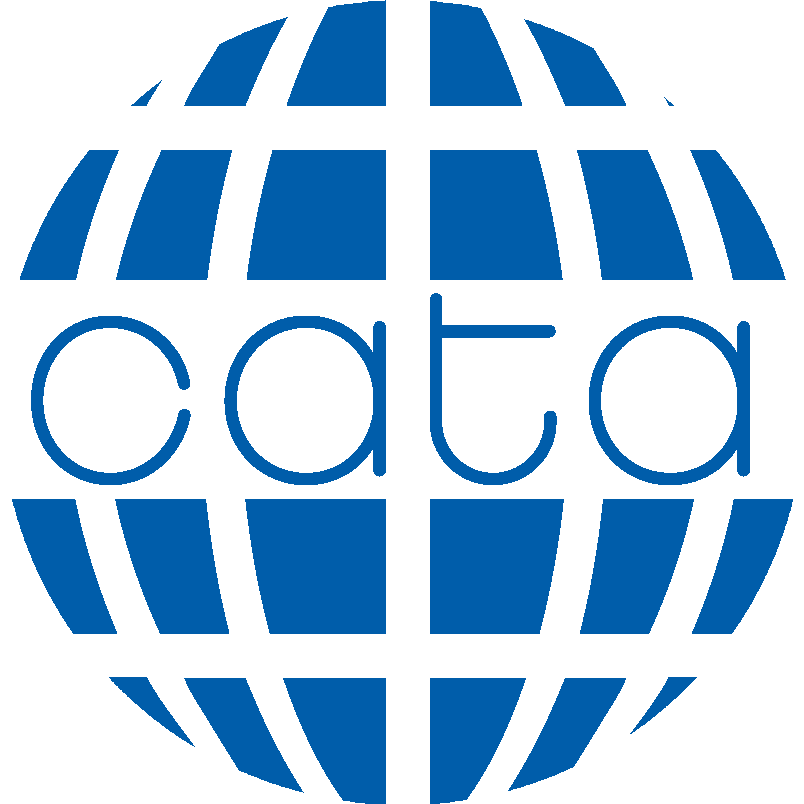New Zealand - The Importance of Diversity and Inclusion in Tax Administration
Country Correspondent: John Nash
As I write this short article, we are in the middle of Tonga Language Week in New Zealand, there being a significant population of Tongans living in New Zealand and also forming an integral part of our diverse New Zealand Inland Revenue workforce. I thought I would reflect on our tax administration’s commitment to having an inclusive culture where people from all walks of life can achieve their full potential.
Our diversity and inclusion policy looks to ensure all our people understand Inland Revenue’s commitment to an inclusive culture, a positive and safe workplace, and the key role individuals play in achieving this. Our Code of Conduct – Tikanga Whanonga states that we must all contribute to an inclusive, respectful, safe and healthy workplace. This policy applies to all Inland Revenue leaders and employees, and contracted individuals. This commitment to diversity and inclusion is woven into our everyday values, behaviours, practices, processes, policies and employment agreements.
We are focused on integrating diversity and inclusion into all aspects of our culture, people practices and services to our customers. Our strategic implementation plan covers key diversity and inclusion concepts such as the gender pay gap, flexible working, inclusive leadership, accessibility, cultural and rainbow inclusion and celebration.
We have found network groups to be especially effective in helping create an inclusive environment for our people. Networks also provide a communication channel between groups and management to raise awareness, resolve issues, and improve products and services for customers. Examples of the types of network groups established within Inland Revenue are Māori, Pasifika, Multi-cultural, Disability, Rainbow and Women. Networks fulfil an important business need, and Inland Revenue supports our people’s involvement in network groups by providing sufficient time to attend meetings, events or practices, when this can be balanced with their work commitments.
As a truly inclusive organisation, we are very mindful that our people and customers feel valued and respected, and see themselves reflected in our people, our processes, our values and behaviours. Diversity and inclusion are essential to achieving our organisational objectives, and delivering a public service that values, reflects and understands the communities we serve every day.

